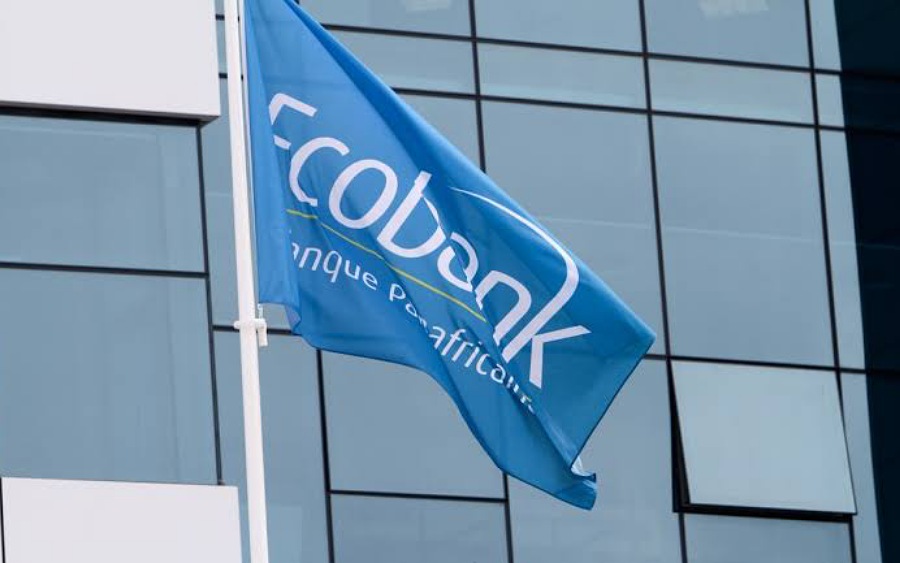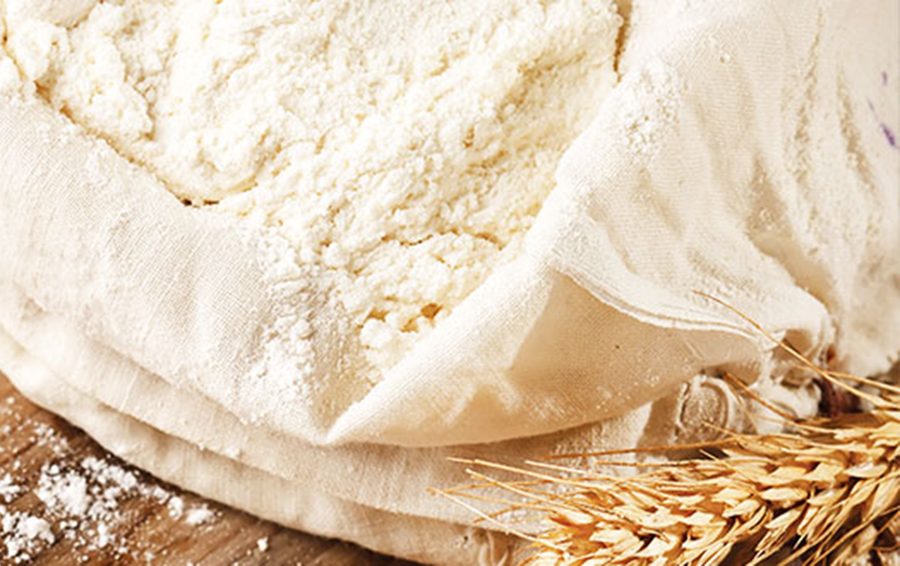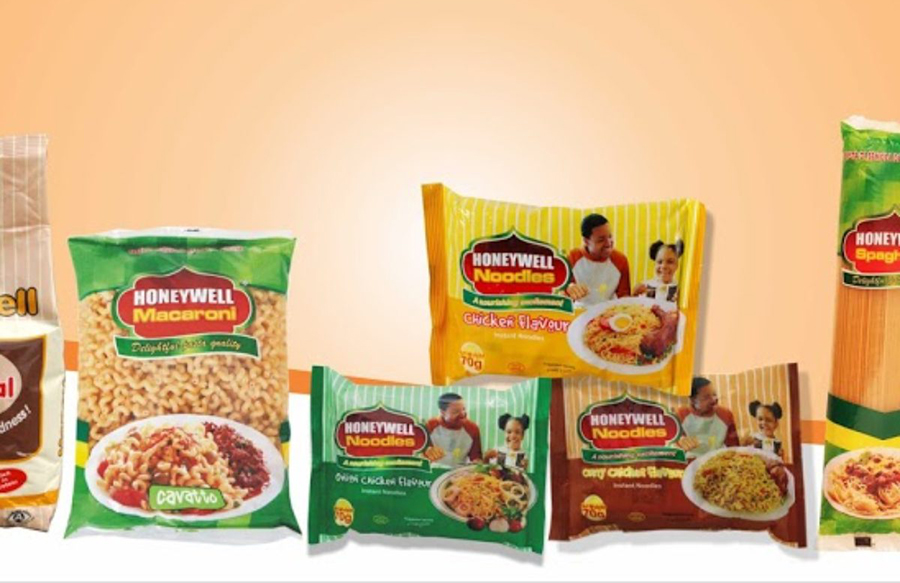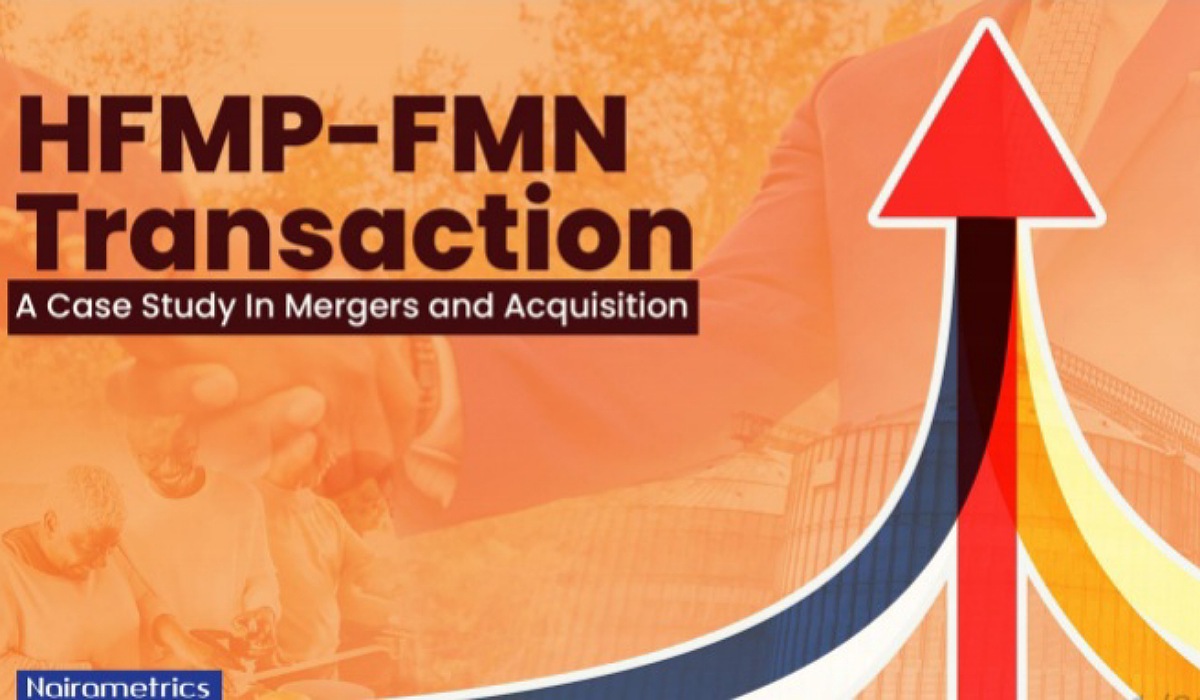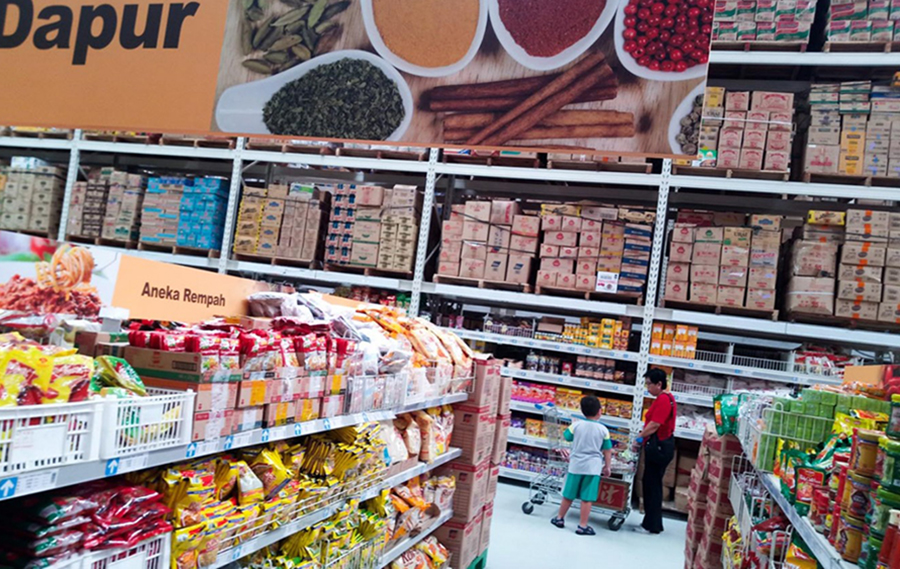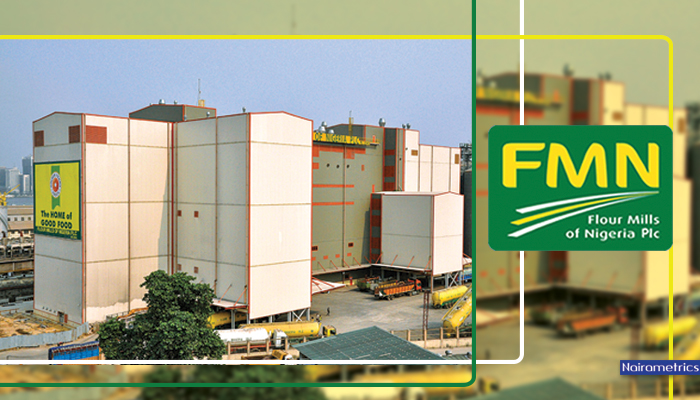Lanre Jaiyeola is the Managing Director of Honeywell Flour Mills Plc. The company is part of the Honeywell Group, an indigenous Nigerian conglomerate engaged in select businesses in key sectors of the Nigerian economy, namely Foods & Agro-Allied business, Energy, Real Estate, Services, and Infrastructure.
In this Interview with Nairametrics, he outlined the challenges of the 2020 financial year, survival strategies and loan status of Honeywell Flour Mills Plc.
Excerpts:
How would you assess 2020 and what strategies were adopted by the company?
It was indeed a tough year for everyone. The consequent effect has been significant health-wise and economic-wise. Our thoughts go out to all those that have been impacted by the pandemic.
As a food manufacturer in a critical industry, the health, safety and well-being of our people have always been our highest priority because we were convinced that once our people are safe and motivated, the business will be able to overcome any challenge that the pandemic brought.
We implemented a wide range of protocols across all our manufacturing locations to prevent the occurrence and spread of the virus and thankfully, we did not have to shut down any of our locations due to the outbreak of the virus.
With respect to operations, we put in place business continuity plans that enabled the different teams in the organisation to mitigate any risks that crystallised as a result of the pandemic. We secured our supply chain, replacing imported manufacturing inputs with locally available options. We also flexed our work hours for the convenience of staff who must work from the factories.
During the lockdown, we worked closely with representative organisations such as NECA and MAN – who liaised with the Nigeria Police and State Governors to ensure that the supply of critical food products was maintained at all times, as many states were obliged to enforce statewide lockdowns. This ensured that our food products continued to be available to our customers nationwide.
The year highlighted our agility in many ways. In order not to completely pass on to the customer, significant increases in input costs, we were compelled to accelerate the implementation of initiatives that improved efficiency. Our ambition to become an advantaged low-cost producer led to a 4% reduction in OPEX despite the double-digit inflation observed during the period. Lastly, I would like to acknowledge the resilience of our people, our business partners and our customers. Without their commitment, resilience and contributions, we would not have achieved meaningful results over the period.
The company generated N109.59 billion from the sales of goods within Nigeria. Is Honeywell not looking to leverage export opportunities or is there no market beyond Nigeria’s shores?
Clearly, there are opportunities to expand into other markets beyond Nigeria, as the food & milling industry in Nigeria is a highly competitive sector. However, the high cost of Nigerian processed food products occasioned by high input costs and other conversion costs such as power costs make export to other African markets quite limited.
Nonetheless, we are positioned to profitably deliver export volumes for some of our existing Ball Food products (such as Semolina and Wheat Meal) and other new products in development, beyond Africa. Huge strategic opportunity exists for the development and commercialization of modern formats of indigenous carbohydrates, and we have commenced the development of an exciting opportunity in the indigenous tubers category that will significantly broaden our business base and serve as a source to generate forex through export to diaspora consumers.
In addition, we have identified agricultural commodities that can be aggregated locally for export. We are currently ramping up our capabilities to efficiently source and aggregate such commodities.
The revenue grew by double-figure (36.2%) in the review period. What is the major driver of this growth?
The growth in revenue was driven by a combination of volume and price increases. We achieved high single-digit sales volume growth year-on-year.
The B2C Foods category was the major driver of volume at 26% growth over the prior year. The drivers of the B2C Foods growth were a 40% growth in Pasta, from our increased capacity at the Sagamu factory and double-digit growth (over 20%) in the Ball Foods category (Semolina and Wheat Meal).
Any price increases implemented during the period were directly related to increases in cost of raw materials; wheat and packaging materials, and the devaluation of the Naira precipitated by the impact of the Covid-19 pandemic on the world economy. It is very important to note that price increases in wheat-based products did not match the increases observed in the price of locally available carbohydrates such as rice, yam, garri, with some increasing as high as 51% during the period. Flour millers did not transfer the full effect of increase in production costs to consumers and this impacted profitability, as the Industry absorbed some of these costs.
It is interesting to observe that the company increased its staff strength by 1.6% and employee costs by 12%, a daring move considering that other companies sought to reduce cost with some even downsizing. What was the rationale behind this move and how has it panned out for the company?
Our people represent an invaluable asset. I have been in the organisation for close to three decades, and in that period, I have learnt that the quality of our people is the true secret of our business success.
We currently employ about 2,000 people, and with the challenges of the pandemic and all that came with it, we had to take deliberate steps to improve the welfare of our staff through the introduction of measures such as flexible working hours, and inconvenience allowances paid out to staff at the peak of the lockdown to recognize their sacrifice during that difficult period. Ultimately, improving our people’s overall mental and physical health and safety adds to the bottom line.
In addition, our 2-year-old Sagamu plant has continued to grow, and with that growth comes an increased need for talent. The factory now directly employs about 450 people with an additional 1,000 indirectly engaged in and around the community.
We also made a few appointments to complement our existing talent base. We are future-proofing the capital value of the business by ensuring transfer of responsibility and knowledge to the next generation of leadership, and ownership of key business processes.
The company’s total loan stands at N60.48 billion as of March 2021, representing a 3.8% increase compared to the previous year. Is the company planning to take additional loans to fund its balance sheet/projects from any financial institution in the foreseeable future?
Our results showed a detailed breakdown of our cash flow and liquidity position. We have a great relationship with all our major banking partners and till today, all loans are performing and are being serviced in line with our agreements with the respective financial institutions.
Your stock has gained marginally, 1.7% year to date, as of 28th May 2021. This might not totally be regarded as bad performance considering that the overall performance of the market has been that of a bearish stance with the All-Share Index at 5% decline YTD.
a.) What is the company doing to increase investor confidence in the firm?
b.) How does the company hope to help drive increased participation in the stock market, considering it is yet to recover from the recurrent downturn witnessed in the latter part of April 2021?
Our governing objective is to grow shareholder value in the medium to long term through long term business growth and improving efficiency. We achieve this by delivering dividend payout and ensuring that the business remains sustainable.
The company’s performance in the last financial year demonstrated our capacity for growth at both top and bottom lines, despite the challenging environment. We will continue to implement strategies aimed at driving operational and financial performance in order to create significant shareholder value. As a testament to our objective of delivering value to our shareholders, the Board has recommended a dividend of 7 kobo per share, representing a 75% increase over last financial year’s dividend payout. We will also continue to work with the government and regulators to promote best industry practices.
We believe that success stories like ours will ultimately increase investor confidence and participation in the Nigerian stock market.
According to the firm’s press disclosure, it vows to continue investment in innovative product development, advanced technology infrastructure and operational efficiency. What are the company’s plans towards adopting more technology in its operations?
At Honeywell, we strongly believe in the power of innovation and technology. Our long-term goal is to be a highly valued foods business with a diverse portfolio of brands and products, run by the best people. The next phase of our development is to be at the forefront of the carbohydrate industry, providing affordable, nutritious foods to our fast-growing population.
Our category expansion plans are based on the commercialisation of locally available raw materials for food production. We have identified 5 scalable food categories that will be developed over the next 10 years. These categories have both consumer and industrial food processing applications and provide us with potential for export.
With respect to technology, we recently upgraded our Enterprise Resource Planning (ERP) System which has enabled us to become data-powered and enhanced our insights, speed and precision. We will continue to advance our digital capabilities in the areas of business model, processes, data management, social media and e-commerce in order to accelerate innovation, fuel new growth opportunities, and improve efficiencies.


